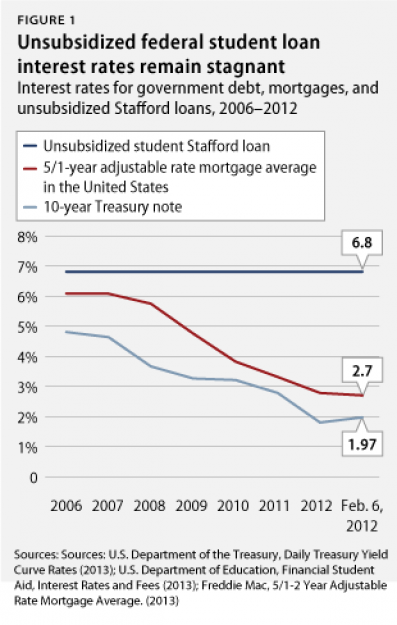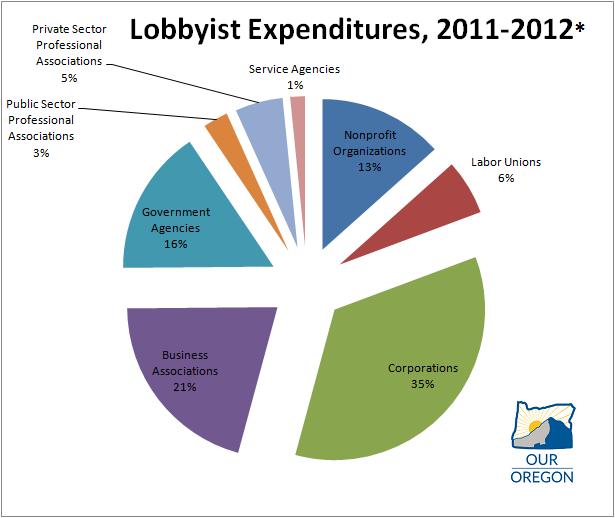Both the University of Oregon and Portland State University have requested individual institutional boards. Currently the legislation is still being revised and discussed in the state legislature. Oregon State President Ed Ray has asked the legislature to consider OSU and give us the option of having a board. At this point, however, the legislation is too vague and nebulous for the editorial staff to endorse.
read more >
Professor Jeremy Adelman has taught a world-history class at Princeton University for several years, but as he led about 60 students through 700 years of history on the ivy-covered campus this past fall, one thing was different: Another 89,000 students tuned into his lectures free of charge via Coursera, an online platform.
read more >
Come Help Us to Kick Off Bargaining for 2013-15
on Tuesday, March 12th at Noon!
It's about PSU!
We'll Let the Administration Know that "We've Got Issues!"
read more >
Online education may have arrived at the upper echelons of higher education, but it's not going to make elite colleges any cheaper to attend.
read more >
The U. of Maryland at College Park has some 3,000 non-tenure-track faculty members, including more than 700 part-time instructors and about 1,800 research faculty members, according to a report the campus's University Senate is scheduled to consider this week. The report calls for giving them more pay, job security, respect, and clout.
read more >
Craig Farr of Kohlberg Kravis Roberts, joined other financiers for a panel discussion. Union pension money goes into KKR's capital ventures, even as the firm destroys union jobs
read more >
With only days remaining till steep federal spending cuts take effect, colleges and students are bracing for painful reductions in research, student-aid, and job-training programs. Some researchers say federal grant making has slowed already, as the science agencies prepare for tighter budgets.
read more >
Low-cost online courses could allow a more-diverse group of students to try college, but a new study suggests that such courses could also widen achievement gaps among students in different demographic groups.
read more >
How can a nonprofit organization that gives away courses bring in enough revenue to at least cover its costs?
read more >
Looming budget cuts would end financial aid for thousands of students and force the U.S. Department of Education to slice payments to contractors that administer the federal student-aid programs, Secretary of Education Arne Duncan told members of Congress on Thursday.
read more >

Interest rates are at historic lows and everyone—homeowners, corporations, and even state and local governments—are refinancing their debts. Refinancing allows the borrower to replace his or her existing debt with a new loan with lower interest rates and better terms. This means that borrowers can lower their monthly payments, which frees up income for purchases and creates ripple effects throughout the entire economy. There is one critical group, however, that is getting left behind in the refinancing boom: students and families who take out loans to pay for higher education.
read more >
President Obama didn't mention accreditation in his State of the Union address on Tuesday evening. But in a supplemental document released after the speech, the president made it clear that he is seeking major changes in the accountability system for higher education.
read more >

Corporations and business groups account for 56% of all lobbying in 2011-12
read more >
A tax on financial transactions, a return to 2000-1 levels of state support, and a reallocation of existing money to offer free tuition were three ideas proposed on Tuesday in a news briefing as ways to finance America’s system of public higher education.
The Campaign for the Future of Higher Education, a two-year-old coalition of faculty groups, organized the briefing to stimulate a national conversation on using public dollars to pay for college and preserve access for the children of middle-class families. During the briefing, three scholars summarized their working papers on financing higher education and answered questions about their proposals.
read more >
Eligible employees with covered family members serving in the military will be able to take two special types of leave: (1) military caregiver leave and (2) qualifying exigency leave. The regulations become effective on March 8, 2013.
read more >
It’s a dilemma many universities face: how to attract new, top faculty with competitive salaries without being unfair to senior professors, whose salaries often are tied to a pay scale or plan that hasn’t kept up with the outside market.
read more >
In late December, a set of articles and essays in The New York Times focused on the public library as a place, and on the changing meaning of that place with the rise of electronic books and the demise of brick-and-mortar bookstores like Borders.
read more >
In what could be a major step toward bridging the gap between massive open online courses and the credentialing system that they are supposed to "disrupt," the American Council on Education on Thursday endorsed five MOOCs for credit.
read more >
Americans overwhelmingly view a higher education as essential to landing a good job and achieving financial security, but they have doubts about its quality and affordability, according to a new report from the Lumina Foundation and Gallup.
read more >
The day a new union is certified, the clock starts ticking. After one year, if there’s no contract, the company gets its next chance to bust the union: a minority of workers can file a petition to decertify, and the Labor Board will schedule another vote. If this is the boss’s game plan—as it was at St. Charles—bargaining is an exercise in dela
read more >


